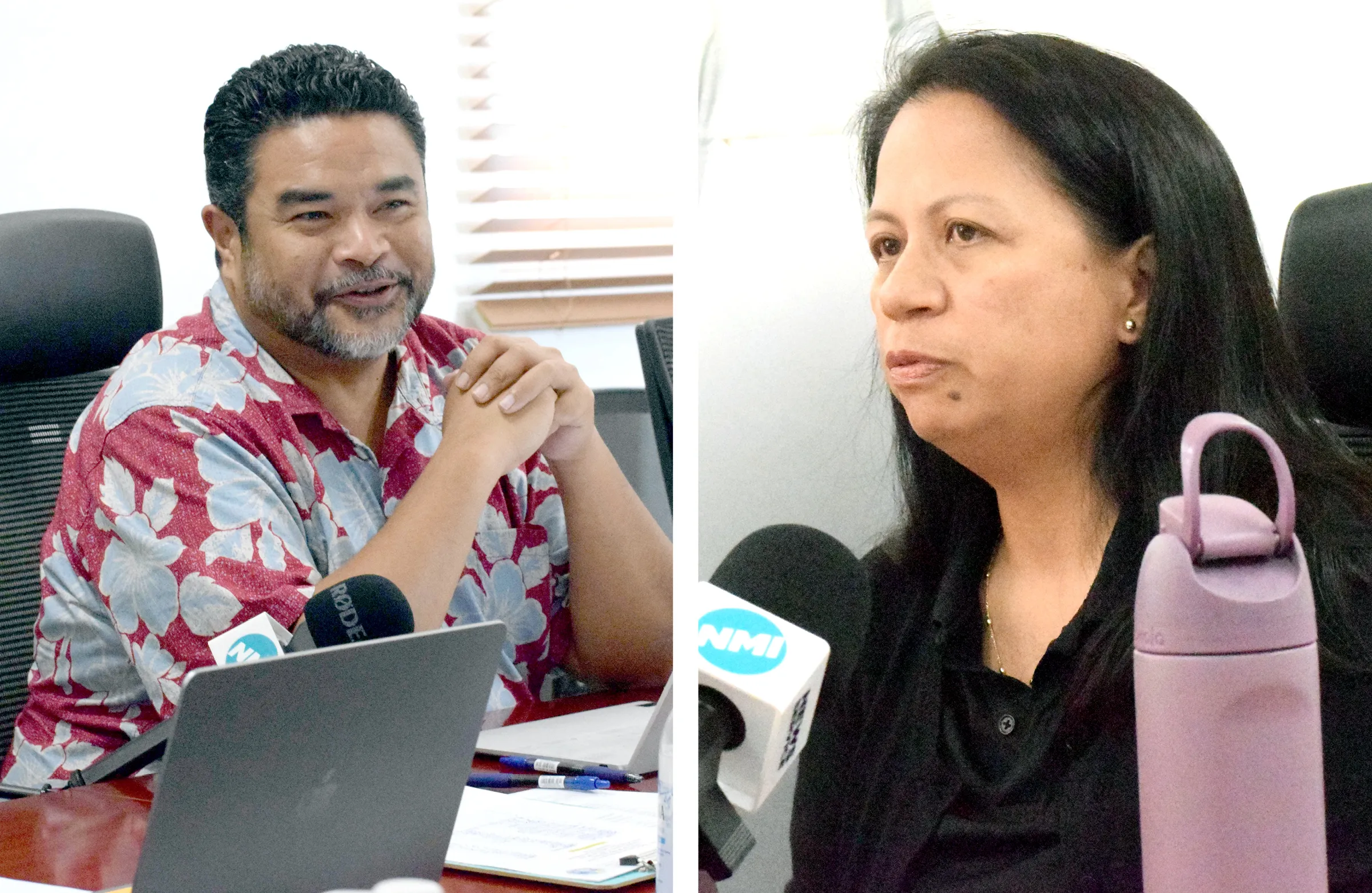Where we at
HAS anyone else noticed that the governor’s oral pronouncements on tourism and the economy — more often than not — differ from his written statements? In interviews, the governor, who has been in politics for a very long time, usually sounds like the sensible and practical leader that he is. In his official statements, however, he sometimes comes across as dogmatic if not illogical.
Recently, regarding the China tourism market, he was quoted as saying, “My aim was clear — to avoid short-term schemes that inevitably lead to economic failure when external policies shift.”
This, as he should know, is an imprecise characterization of the history of local tourism. The fact that it is apparently the basis of what passes for the administration’s economic policy is alarming.
Tapping the China market was not a “short-term scheme.” It was initiated by one of his supporters, former Gov. Juan N. Babauta, about 20 years ago as part of the diversification of local tourism in light of the rapidly weakening Japan market (and the exit of the garment industry). And it took years for the China market to take off. Moreover, the entire tourism industry, and not just the China market, was virtually shut down by the Covid-19 restrictions. There is, as far as we know, not a single tourism market that is immune from the consequences of unforeseen events. (See recent Jeju Air crash.) At one point in 1998, in light of the Asian currency crisis, the CNMI’s Korean tourism market dropped by 83%. Another new and promising market, Russia, came and went, just like that. In the early 1990s, there were talks about “new markets” such as Australia and Taiwan. Today, we’re still talking about them. Back then, moreover, you would have been considered insane if you had said that Japanese arrivals would one day dwindle to 500 a month. But that is where we are now.
A ‘sustainable future’…somewhere else
IN his written statement, the governor proclaims his adherence to “long-term success rather than fleeting gains followed by inevitable setbacks.”
Think about that for a moment. What business venture is assured of “long-term success” and will not face “inevitable setbacks”? Let’s ask Kodak. Or Blockbuster. Or Nokia. Or IBM. Or TV manufacturers such as Sony. Or even Google, which is now facing serious competition from AI engines.
Tourism is volatile — like almost all economic activities. Customers are unpredictable. Does that mean no one should ever go into business?
The governor also implied that a depressed tourism industry would eliminate “avenues of corruption and self-enrichment that served a select few….” Why does that sound like something lifted from the platform of a left-leaning, anti-capitalist political group? What’s next? The abolition of private property?
The governor likewise claims that his anti-growth policies are “prioritizing the well-being of the entire CNMI community, paving the way for a sustainable future for all.” He’s referring to the same community whose members are leaving their islands in search of “a more sustainable future” — in the States. Business closures, downsizing, wage cuts, job losses. These apparently don’t count as long as they occur in the private sector — the one that pays taxes to this bloated and wasteful government.
What a dreadful New Year message to the community.
Looking forward to it
REGARDLESS of the governor’s pronouncements, his preferred policies amount to a deepening dependence on federal dole-outs, which reflect the (shifting) priorities of elected officials in the nation’s capital and not the CNMI’s pressing needs. Incidentally, those funds don’t come from a magic wand waved by U.S. politicians, but from the revenue generated by the world’s most dynamic economy and private sector, which are also subject to the business cycle of boom and bust.
Two years of this governor’s “pivot” — for which he has no mandate — has resulted in a stagnant economy, low tourism arrivals, low hotel occupancy rates, business shutdowns, job losses and an exodus of local residents.
It’s a new year, and it’s high time to try something different — starting with reviving the tourism industry. All tourism markets — including China — should be tapped.
The outgoing delegate has asked for the reinstatement of Annex VI, and so will his successor. That is good news for the CNMI.
The governor says he remains “optimistic not just for the next two years but for decades to come.” We agree — because in less than two years, there will be another election and, fingers crossed, a new leader.









